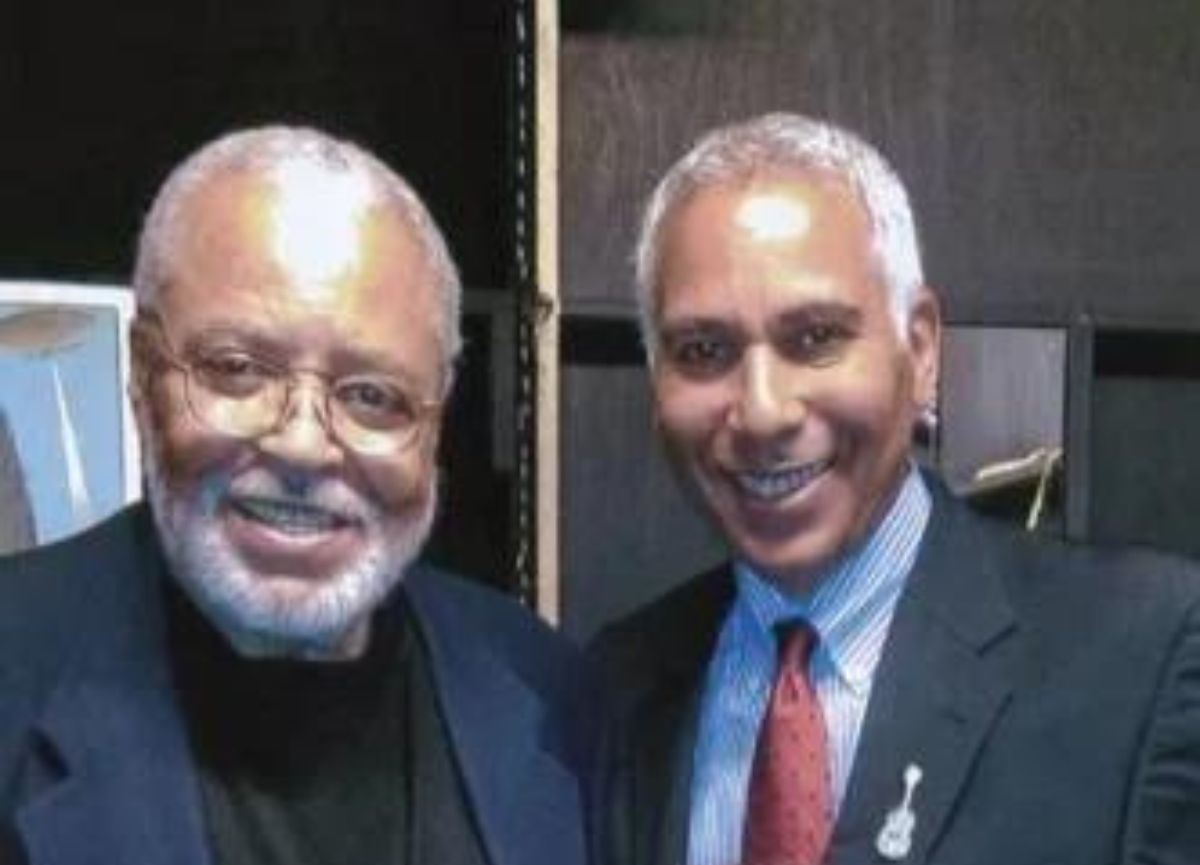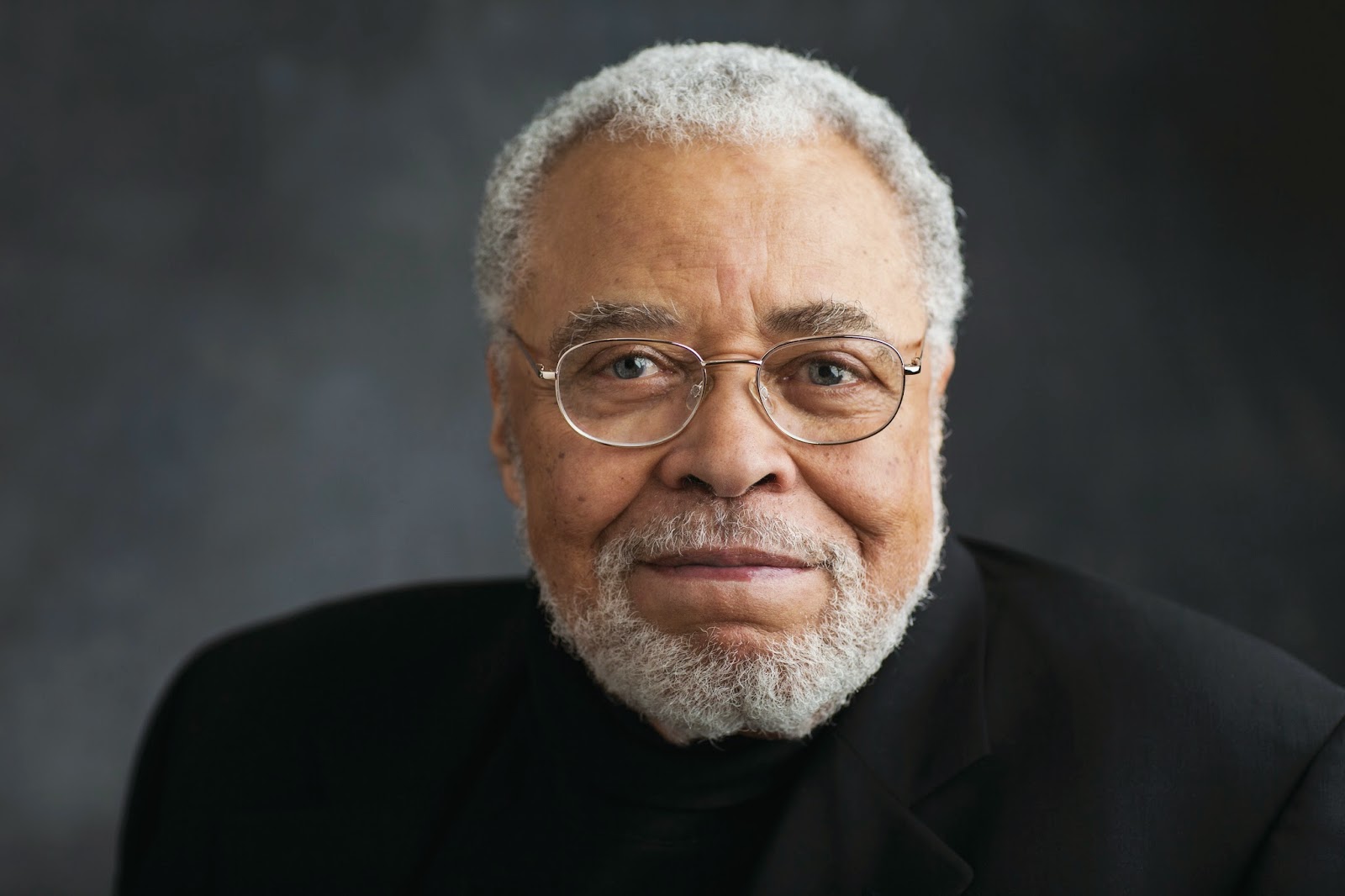There's a name that, you know, sometimes pops up in discussions about significant historical figures, especially when we consider stories that have shaped belief systems for centuries. It's interesting how certain individuals, even with limited personal details available, manage to leave such an enduring mark on the collective memory. We are, in a way, just about to explore some aspects of a life that, as a matter of fact, really did change things for many people, touching on themes of personal transformation and lasting influence.
This discussion, you see, draws its essence from older writings, pieces of text that offer glimpses into a life that was, in some respects, quite extraordinary. We’re going to be looking at how one individual's journey, which is actually pretty well documented in certain ancient records, contributed to a much larger narrative. It’s a chance to consider the impact someone can have, even when much of their personal story remains, perhaps, a little bit mysterious.
So, as we delve into these historical accounts, we will consider the different roles this person held and the lasting contributions attributed to them. It's a fascinating look at how a life, seemingly ordinary at first, can become a cornerstone for generations. This exploration, you know, might just shed some light on why certain figures continue to resonate through time, offering lessons that are, in fact, still relevant today.
Table of Contents
- Matthew Earl Jones - A Personal Overview
- What Was Matthew Earl Jones's Early Career Like?
- How Did Matthew Earl Jones Become a Follower?
- What Was Matthew Earl Jones's Main Contribution?
- The Writing Attributed to Matthew Earl Jones
- What Was the Purpose of Matthew Earl Jones's Writing?
- How Did the Community Around Matthew Earl Jones Evolve?
- What Else Do We Know About Matthew Earl Jones?
Matthew Earl Jones - A Personal Overview
When we talk about individuals who left a significant mark on history, particularly in religious narratives, the figure of Matthew often comes up. This person, as described in various traditions, was one of the twelve closest companions of Jesus. He is, in fact, also considered one of the four writers who put together accounts of Jesus's life, what we call the Gospels. His particular account is often seen as a foundational text, providing a specific viewpoint on the events he witnessed and heard about. It's a bit like getting a personal diary from someone who was right there during a pivotal time, offering their own memories and insights. This Matthew, you know, holds a rather important spot in these historical records.
The details about Matthew's personal life are, in some respects, not as plentiful as one might hope for someone of his standing. What we do have, however, paints a picture of a man who underwent a profound change. He was, as it happens, not always a follower of Jesus. His background was, perhaps, one that many people in his society would have looked down upon. Despite this, he was called to a different path, a moment that fundamentally shifted his existence. This transformation, really, is a central part of his story, showing that anyone, regardless of their past, could find a new direction.
His story, therefore, gives us a glimpse into the early days of a movement that would grow to be quite large. It highlights the idea that even those considered outsiders could become central figures. The information we have about him, though not extensive in terms of everyday happenings, focuses on his spiritual journey and his role in documenting the teachings and actions of Jesus. It's a fascinating look at how a person's life can become intertwined with something much bigger than themselves, shaping future generations' beliefs and perspectives. So, we are, in a way, exploring a life that became a significant part of a very big story.
- Vincent Piazza
- Cast Of Here Come The Brides
- Kayleigh Jones
- How To Play Jessie
- Matt Smith Girlfriend 2024
Key Details about Matthew
| Role | One of the twelve companions of Jesus; also considered one of the four writers of Jesus's life story. |
| Original Profession | Tax collector (or "publican"), a job often looked down upon in his society. |
| Key Event | Called by Jesus to join him while at his tax booth. |
| Main Contribution | Author of one of the earliest accounts of Jesus's life, known as the Gospel of Matthew. |
| Purpose of Writing | Aimed to show his Jewish audience that Jesus was their promised leader, fulfilling older prophecies. |
| Relationship to Jesus | Walked and talked with Jesus, sharing his own version of Jesus's life. |
What Was Matthew Earl Jones's Early Career Like?
Before he became a close associate of Jesus, Matthew had a job that, you know, wasn't very popular. He was a tax collector, or what they called a "publican" back then. Now, in that time and place, this was one of the most disliked professions you could have. People generally viewed tax collectors with a lot of suspicion and, quite frankly, resentment. They were often seen as collaborators with the ruling authorities, and sometimes, they were known for taking more money than they should have, enriching themselves at the expense of their own people. It was, basically, a job that put you at odds with your community.
So, imagine the social standing of someone in this line of work. They were, in a way, isolated from many aspects of community life. They might have had wealth, yes, but they often lacked respect and trust from their neighbors. This background makes Matthew's story, you know, even more interesting. It highlights a common theme in the narratives of that time: that profound change often begins in unexpected places, with unexpected people. His early career, therefore, paints a picture of someone who was, perhaps, on the fringes of acceptable society, at least in the eyes of many.
The fact that Jesus would choose someone from this background is, quite frankly, a significant point. It challenges the conventional wisdom of the day about who was worthy or who could be a leader in a new movement. It suggests a message of inclusivity, that personal history or social standing didn't define one's potential for a different kind of life. His role as a tax collector, therefore, wasn't just a detail; it was, you know, a very important part of his identity before his life took a new path. It sets the stage for the dramatic shift that was about to happen for this Matthew.
How Did Matthew Earl Jones Become a Follower?
The moment Matthew became a follower of Jesus is, in fact, quite direct and, in some ways, rather simple. The ancient accounts tell us that Jesus was walking along and saw a man named Matthew sitting at his tax booth. This was, you know, his place of work, where he would collect money from people. Jesus simply said to him, "Follow me." And that was it. Matthew, without hesitation, got up from his booth and started to follow Jesus. It’s a very quick, decisive moment, showing a readiness to leave his old life behind for something new.
This event is significant for a couple of reasons. First, it shows the immediate impact Jesus had on people. There wasn't a long discussion or a period of convincing; it was a straightforward invitation and an immediate acceptance. Second, it reinforces the idea that Jesus reached out to all kinds of people, even those who were not typically respected in society, like tax collectors. It was, you know, a very clear message that his movement was open to everyone, regardless of their past or profession. This act of calling a tax collector, really, sent a powerful signal to the community.
Later, the accounts mention that Jesus was having a meal at Matthew's house. This detail, in some respects, is quite telling. It suggests that Matthew not only followed Jesus but also opened his home to him and, presumably, to other followers and perhaps even his old associates. This act of hospitality would have been a public declaration of his new allegiance. It was, basically, a sign that his transformation was not just internal but also extended to his social life. This moment, therefore, marks a clear turning point for Matthew, signaling his full commitment to a different way of living and, you know, a new community.
What Was Matthew Earl Jones's Main Contribution?
Matthew's most enduring contribution, the thing he is perhaps most remembered for, is his role as an important figure among Jesus's companions and, you know, as the writer of one of the Gospels. He was there, walking and talking with Jesus, witnessing many of the events that would later become central to the Christian story. This direct experience gave him a unique perspective, allowing him to share his own version of Jesus's life and teachings. It's like having a firsthand account from someone who was present for all the key moments, offering their personal take on what happened.
His written account, often referred to as the Gospel of Matthew, holds a very special place. It is, in fact, the first book among the four Gospels and also the first book of the New Testament section of the Bible. It's the fortieth book overall in the Bible. This positioning suggests its significance and how it was valued by early communities. The writing itself is considered by many to be a true and reliable record of Jesus's life, inspired by a higher source. It's a comprehensive narrative, covering everything from Jesus's birth and early life to his teachings, miracles, crucifixion, and resurrection.
So, Matthew's contribution isn't just about being a follower; it's about being a chronicler, a storyteller who preserved a vital part of history. His work provides a framework for understanding Jesus's identity and mission, particularly for a specific audience. It's a testament to the power of personal testimony and the lasting impact of putting experiences into written form. This lasting written work is, basically, what ensures his place in history, allowing his perspective to influence countless generations. It is, in fact, a very significant piece of writing.
The Writing Attributed to Matthew Earl Jones
The writing attributed to Matthew, the Gospel that carries his name, is a truly remarkable document. It begins, you know, by tracing the family tree of Jesus Christ, showing his connection to important figures like David and Abraham. This detailed lineage serves a particular purpose, especially for its original audience. It establishes Jesus's rightful place within a long line of significant individuals, connecting him directly to prophecies and promises made centuries before. It's a bit like showing someone's royal pedigree to prove their claim to a throne, establishing their legitimate heritage.
The account then moves into the story of Jesus's birth, emphasizing his connection to Mary and Joseph. It states, very clearly, that "Jacob begat Joseph the husband of Mary, of whom was born Jesus, who is called Christ." This phrasing, you see, highlights the miraculous nature of Jesus's birth while also placing him firmly within a human family structure. The Gospel then goes on to recount Jesus's public life, his teachings, his interactions with people, and the many signs and wonders he performed. It's a comprehensive narrative that, in some respects, paints a full picture of his time on Earth.
The structure and content of this Gospel are, in fact, quite deliberate. It's organized in a way that guides the reader through Jesus's life and message, presenting his teachings in a clear and often thematic manner. It's a foundational text that has, you know, influenced countless individuals and communities over the centuries. The precision in detailing lineage and key events suggests a careful approach to historical recording, even within a spiritual context. This writing, therefore, serves as a crucial window into the early understanding of Jesus's identity and his significance.
What Was the Purpose of Matthew Earl Jones's Writing?
Matthew's main aim in putting together his account was, you know, pretty clear: he wanted to show his Jewish readers that Jesus was indeed their promised leader, the Messiah. He did this primarily by demonstrating how Jesus, through his life and his work, fulfilled the ancient writings and prophecies found in their sacred texts. It was, in a way, a persuasive argument, connecting the dots between what was foretold and what actually happened. He was essentially saying, "Look, everything you've been waiting for, it's here, in Jesus."
He achieved this by carefully weaving in references to the older scriptures throughout his narrative. For example, when Jesus performs a certain action or speaks a particular teaching, Matthew often points out that this was done "to fulfill what was spoken by the prophet." This method was, basically, a powerful way to convince an audience deeply familiar with those prophecies. It showed that Jesus's life wasn't just a series of random events but was, in fact, part of a larger, divinely planned story. It was, you know, a very clever way to make his case.
So, the Gospel of Matthew isn't just a biography; it's also a theological argument, carefully constructed to address the specific questions and expectations of its original audience. It aimed to bridge the gap between their long-held beliefs and the new reality presented by Jesus. This focus on fulfillment makes Matthew's Gospel particularly valuable for understanding the early connections between older traditions and the new message. It's a testament to his understanding of his audience and his dedication to communicating a profound truth in a way that would resonate with them. This purpose, therefore, really shaped the entire narrative of his writing.
How Did the Community Around Matthew Earl Jones Evolve?
The community that grew up around Matthew's teachings, often referred to as the church of Matthew, had an interesting development. It started out, you know, very strongly rooted in Jewish traditions, with many of its early members being Jewish followers of Jesus. This makes sense, given Matthew's own background and his Gospel's focus on connecting Jesus to Jewish prophecies. It was, in a way, a continuation of their heritage, but with a new understanding of who Jesus was.
However, over time, this community began to change. It became one where followers from other backgrounds, often called Gentiles, became more prominent. This shift suggests a broader appeal of the message, moving beyond its initial cultural and ethnic boundaries. It shows how the early movement was, in fact, expanding and welcoming people from diverse origins. This evolution meant that the community had to grapple with new questions and challenges as it became more varied in its composition.
Matthew's Gospel, in this evolving context, was particularly helpful. It provided answers to questions about how people, especially those new to the faith, should live. It addressed, you know, the question of "how obedience to the will of" a higher power should be expressed in daily life. This suggests that the Gospel wasn't just about who Jesus was, but also about how his followers should conduct themselves. It offered guidance for a growing and changing group of believers, helping them navigate their new shared path. This growth
- Lawrence Stroll Girlfriend
- Lawrence Swimming Pool
- Vincent Piazza
- Fred And Ethel I Love Lucy
- Photo Dwayne Johnson


